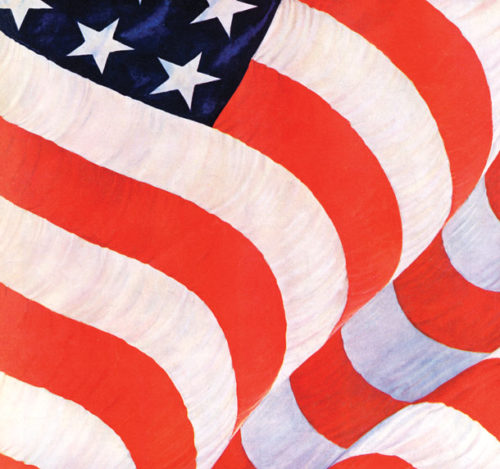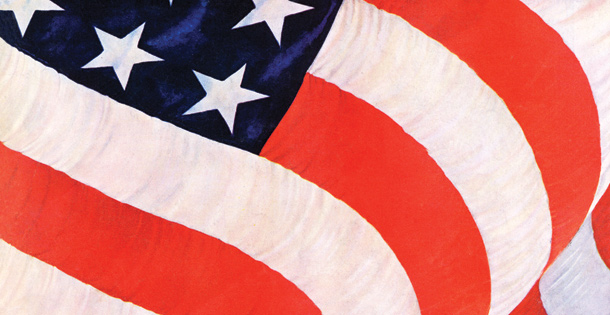
In a 1943 decision, the Supreme Court held that Americans weren’t required to pledge allegiance to or salute the flag. The editors lauded the opinion on behalf of the Jehovah’s Witnesses, and all Americans, whose loyalty cannot be commanded.
The principles of Jehovah’s Witnesses can be pretty annoying to the majority of citizens. They insist on propagating their beliefs at the most inconvenient times and places, and they make no concessions to the sensibilities of the majority. To our way of thinking, this makes all the more impressive the action of the court, taken in time of war, when hysteria can so easily be directed toward eccentric minorities.
The majesty of the flag will not suffer because it has been permitted to remain the symbol of a willing loyalty. The flag, which symbolizes our hard-won privileges, waves more proudly than before over the land of the free. Love of country is not in danger. It springs, to quote Justice Douglas, “from willing hearts and free minds.”
—“Score for Freedom, No. 2,” Editorial, July 10, 1943
This article is featured in the July/August 2018 issue of The Saturday Evening Post. Subscribe to the magazine for more art, inspiring stories, fiction, humor, and features from our archives.
Become a Saturday Evening Post member and enjoy unlimited access. Subscribe now



